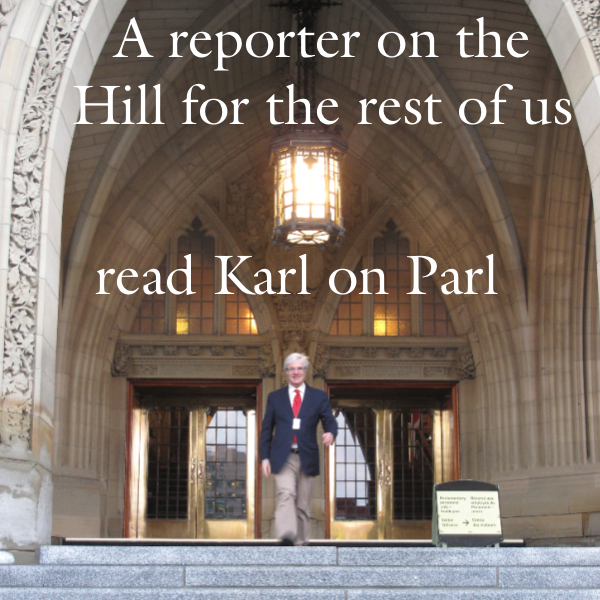Earlier this week this writer suggested that the Prime Minister has not yet answered what is at once the simplest and the toughest question about the Senate scandal.
The question concerns the fact that Stephen Harper named folks to the Senate who did not live in the provinces they were supposed to represent.
The Canadian Constitution, the British North America Act, states, in a “very clear” manner, that a Senator must be “resident in” the province he or she represents.
Many Canadians have been complaining that they are frustrated that such a basic question has neither been asked nor answered during this whole kerfuffle.
What was the Prime Minister thinking, they ask, when he made those Senate appointments?
If the Prime Minister believes some Senators are not sufficiently residents in their home provinces for the purpose of collecting expenses, how can they be residents for the purpose of representing those provinces in the upper house of Parliament?
Does the Prime Minister think there are two kinds of resident?
And if so, what are the different criteria for each?
Harper had his chance but ducked
This isn’t a question of finding a smoking gun or some hitherto secret information.
The Prime Minister made these appointments in broad daylight, when everyone could see what he was doing. He has not, however, taken the trouble to explain his reasoning to Canadians.
On Thursday, Stephen Harper got his chance, when NDP Leader Thomas Mulcair asked him the following:
When the Prime Minister named Pamela Wallin to the Senate, he knew she lived in Toronto not Saskatchewan. Why did he name her? He knew Mike Duffy lived in Ottawa not in P.E.I. Why did he name him? The Prime Minister knew his close friend, Carolyn Stewart-Olsen, lived in Ottawa not New Brunswick; she worked beside him. Why did he name her?
As with his answers to so many of Mulcair’s questions, the Prime Minister chose not to directly address this one. In this case, however, he seemed a bit taken by surprise. He didn’t have his usual casual swagger and looked off balance and a bit confused.
His answer definitely seemed quite confused. In fact, it is hard to understand exactly what Stephen Harper was trying to say.
Any readers who think they can figure out the Prime Minister’s meaning are invited to share their findings with the rest of us.
Here is what he said:
It is obviously a great honour for anyone elected to this chamber to be appointed to the other chamber. Regardless of their background, all of these people have given many years of public service. The fact of the matter is we expect people to respect the rules. We expect people to not make expense claims that are false or that are contrary to the rules or that entirely disregard whether rules even exist. Those Senators who have done that, the two out of the three senators the NDP leader has named, have been sanctioned. That was appropriate and I hope it sends a good message.
Momentarily Wallin and Duffy seemed to be Harper’s esteemed colleagues again!
Before we sign off on this weird exchange, please note one thing.
After spending so much time over the past few weeks denigrating Duffy and Wallin, in this answer Harper treated them with considerable deference, as though they were still his esteemed colleagues.
“All of these people have given many years of public service,” he said.
Was the Prime Minister trying to argue that those “years of service” trumped the black and white residency requirement for Senators?
We may never know.
After uttering those generous words, perhaps inadvertently, Harper quickly pivoted back to his stock reply about the two guilty Senators being “sanctioned.”
But even that little pivot was awkward for the Prime Minister.
He had to do some verbal gymnastics to exclude his former Press Secretary, Caroline Stewart-Olsen, from his self-righteous opprobrium.
For a while after she was appointed to the Senate, Stewart-Olsen claimed to be living in New Brunswick, and thus to be entitled to Ottawa housing expenses. She was, it seems, still living in the national Capital.
Despite that faux pas, she and Harper are still BFFs.
That cosy relationship might not endure if auditors’ findings were to show that Stewart-Olsen, like Duffy and Wallin, played fast and loose with the rules.
It seems that there are many other shoes still to drop in this whole affair.
Stephen Harper may soon have to order a new and bigger bus to accommodate all the bodies he will want to toss under it.



